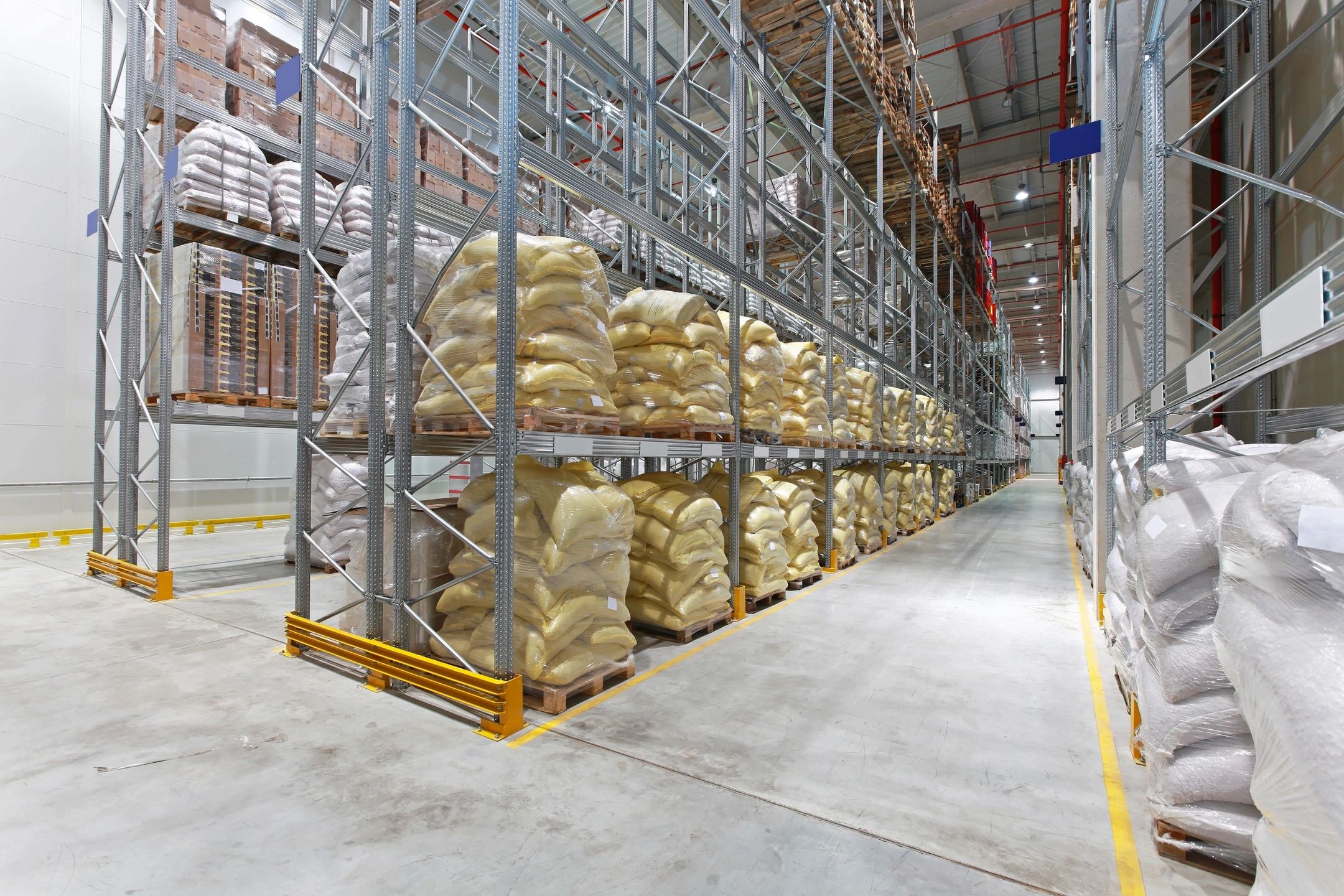During the Christmas period, a significant portion of Canada experienced milder temperatures than usual, with above-zero readings prevailing from Ontario to the Maritimes. Meanwhile, the West Coast prepared for substantial rainfall.
On Monday, Environment Canada issued fog advisories covering a considerable portion of Ontario, encompassing a broad area from Niagara to Belleville in the eastern part of the province.
Initially encompassing Windsor in the southwest, the advisory gradually shifted eastward throughout the afternoon, commencing just outside London and extending to Muskoka and Lanark County.
The meteorological agency forecasted nearly zero visibility on Christmas morning, with lingering fog persisting into the afternoon in certain regions. Additionally, dense fog was anticipated to redevelop in the evening.
In the capital city, youngsters woke up to a overcast sky and scattered patches of ice covered in dirt on the ground. Ottawa experienced a temperature of 2°C on Monday afternoon and was expected to dip below freezing overnight.
A week prior, Environment Canada reported that Ottawa had observed its warmest December 18 in the city’s 134-year recorded history, reaching 7.1°C on that specific date.
In Montreal, Christmas morning revealed only remnants of an early December snowstorm on the ground, bathed in sunlight. Temperatures reached a midday peak of 5°C.
According to the agency’s historical weather data, Montreal typically had an average daily maximum December temperature of -1.4°C between 1981 and 2010.
Fredericton also experienced a mild Christmas Day with a high of 5°C, deviating from the usual seasonal average of a high of -2.6°C and a low of -13.5°C. The projected low for Christmas night is 1°C.
Charlottetown enjoyed a comparatively warm 6°C. The city’s average high and low for this time of year are -1.5°C and -10°C, respectively.
Prairie cities are undergoing an unusually snow-deprived Christmas this year, with many receiving just a few centimeters of snow in December.



